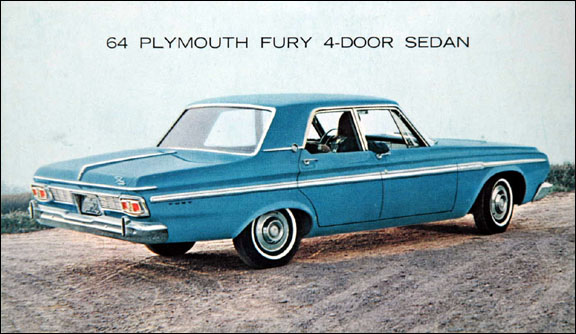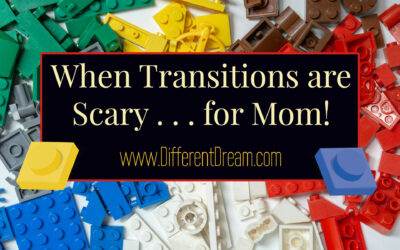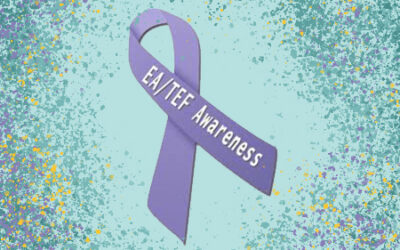Elevators, Bathrooms, and Car Trunks

Elevators.
Bathrooms.
Car trunk.
What could those three random items possibly have in common? As it turns out, quite a lot for my 1960s family that included a father who had multiple sclerosis (MS) and used a wheelchair. Dad’s mobility was dependent upon wheelchair accessible…
Elevators
He loved department stores that had them. Because elevators meant he could join his wife and kids while we shopped for school clothes and shoes in August and Christmas shopped in December. Instead of sitting alone on the first floor until we were done. He loved buildings with them. Because elevators meant he could join the other men at meetings instead of waiting alone on the first floor until someone came down to tell him what was happening.
Bathrooms
Most bathroom doorways weren’t wide enough for Dad’s wheelchair. Even if he could get into the bathroom of a public building or home, they weren’t big enough maneuvering a wheelchair. Because MS made it hard for Dad to control his bladder for very long, Dad’s urinal went with him everywhere, discretely tucked in an old leather shaving kit. Can you imagine being a 30-year-old man forced to use a urinal while sitting in a wheelchair in a dark hallway? Can you imagine being the child assigned to stand guard against intruders and then carry the receptacle to the bathroom to empty? A few experiences like that, and a family stops going to those places.
Car Trunks
When car shopping, my parents’ first question to a salesperson was never about the engine or tires. Instead, they asked to see the interior of the trunk. Because it had to be big enough to hold a wheelchair so Mom could heft Dad’s wheelchair inside and get the family where we needed to go. Which is why we had a 1960 something Ford Fury. As the picture shows, Plymouth Furies had big trunks. Though ours was a blah beige rather than a lovely blue.
But why a post about elevators, bathrooms, and car trunks for parents of kids with special needs in 2014? A couple reasons.
To read the rest of this post, please visit the Not Alone website where Jolene’s guest blogging today.
Do you like what you see at DifferentDream.com? You can receive more great content by subscribing to the quarterly Different Dream newsletter and signing up for the daily RSS feed delivered to your email inbox. You can sign up for the first in the pop up box and the second at the bottom of this page.
By Jolene
Jolene Philo is the author of the Different Dream series for parents of kids with special needs. She speaks at parenting and special needs conferences around the country. She’s also the creator and host of the Different Dream website. Sharing Love Abundantly With Special Needs Families: The 5 Love Languages® for Parents Raising Children with Disabilities, which she co-authored with Dr. Gary Chapman, was released in August of 2019 and is available at local bookstores, their bookstore website, and at Amazon.
4 Comments
Submit a Comment
Subscribe for Updates from Jolene
Related Posts
How Can an EA/TEF Parent’s Anxiety Be Held in Check Before their Child Starts School?
Karena Skibinski shares her answers to the question: How can an EA/TEF parent’s anxiety be held in check before their child starts school?
Ringing in the New Year with EA/TEF Awareness Month
Jolene Philo is ringing in the New Year with EA/TEF Awareness Month for the fifteenth year at Different Dream.
When God Redeemed My Worst Christmas Ever and Used It for Good
Jolene Philo relates the tale of when God redeemed her worst Christmas ever and used it for good—42 years later.






Thanks, Sylvia. Mom was quite a woman. Not someone to be trifled with, I can tell you! I’m so thankful life’s a little easier for special needs families today.
Thanks, Sylvia. Mom was quite a woman. Not someone to be trifled with, I can tell you! I’m so thankful life’s a little easier for special needs families today.
I am just in awe of your mother! How strong and courageous you all were! Life was so hard back then for those with disabilities. So much progress has been made for the disabled, but so much more still needs to be done!
I am just in awe of your mother! How strong and courageous you all were! Life was so hard back then for those with disabilities. So much progress has been made for the disabled, but so much more still needs to be done!